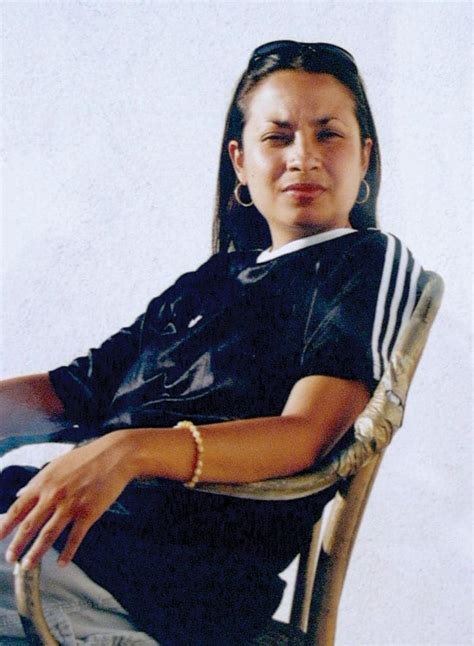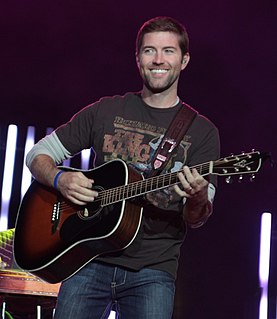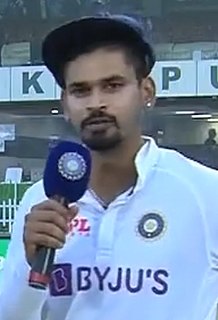A Quote by Jeff Vandermeer
One thing about beginning writers is that they don't really always know their own strengths and weaknesses - you might think you're bad at characterization, but that might really be because of some issue you're having with another element, which is making it hard for you to express character in a convincing way.
Related Quotes
I've known people who thought that reaching their potential would come from shoring up their weaknesses. But do you know what happens when you spend all your time working on your weaknesses and never developing your strengths? If you work really hard, you might claw your way all the way to mediocrity! But you'll never get beyond it.
I actually take images of things and put them up around the wall and in a room. I set a room aside. It might be colors, it might be animals, or energy and words. And I'll just leave it there, so it begins to work on my subconscious when I think about the character. Which gives me some latitude to be really flexible and spontaneous but within the context of the character and the world of the character without having to think about it. Or I'll look at something or read something and let it work on my subconscious mind.
[The Other Woman]s not only a story about friendship and women and how we support one another and how we're there for one another, but it also shows how different these women are. They each have their own strengths and weaknesses, and those strengths and weaknesses help each one of them in their own way.
You cannot be worrying about what other people think. You have to be sure that what you do is what you love to do, because if you love it, maybe another hundred thousand people might love it, too. Some other people might not like it, but it doesn't matter, because you have to express what you want to express. You only live once.
The average person might articulate them differently, but we all think about interpersonal relationships in one way or another. Writers just express that in different ways and capture it in different ways. To some degree, we're all thinking about the same things. It's the zeitgeist. The trick, in a way, as a writer, is to hope that your interests in some sense link up with the culture around you.
I think that comes with a collaboration with the writers. I think that we get cast in edgier roles because we are a little more offbeat, so people - as we get to know the writers, and as the writers get to know us, they start to write around us more, and that's why I think the pilot is not always the best way to get to experience a new television show, because we're fitting ourselves into these characters. Whereas as the show evolves, they're writing the characters for us and for our strengths and weaknesses.
So everything is necessary. Every least thing. This is the hard lesson. Nothing can be dispensed with. Nothing despised. Because the seams are hid from us, you see. The joinery. The way in which the world is made. We have no way to know what could be taken away. What omitted. We have no way to tell what might stand and what might fall.
I think it's much more interesting to live not knowing than to have answers which might be wrong. I have approximate answers, and possible beliefs, and different degrees of uncertainty about different things, but I am not absolutely sure of anything. There are many things I don't know anything about, such as whether it means anything to ask "Why are we here?" I might think about it a little bit, and if I can't figure it out then I go on to something else. But I don't have to know an answer. I don't feel frightened by not knowing things, by being lost in the mysterious universe without having any purpose - which is the way it really is, as far as I can tell.
It sounds really corny but every film that you do is its own journey, it's its own experience, it's its own thing. Often you think it's going to be one way and then it goes another way - you think you can chart a character and then other things happen. That's the amazing thing about our jobs, it's constantly changing and it's extremely dynamic and you therefore have to be dynamic as well.






































